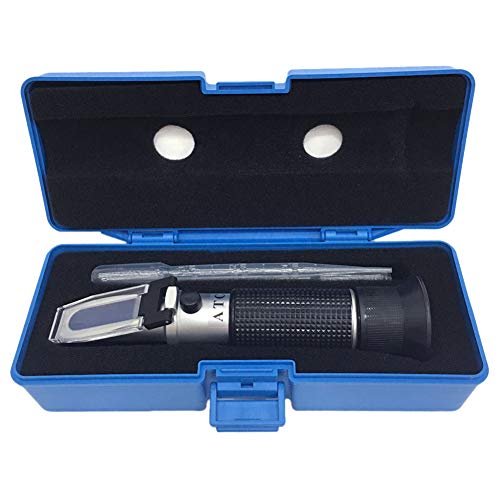When to harvest grapes – experts reveal the signs to look for to pick at the perfect time
Warning, the harvesting window for grapes can change from year to year
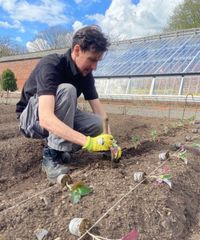
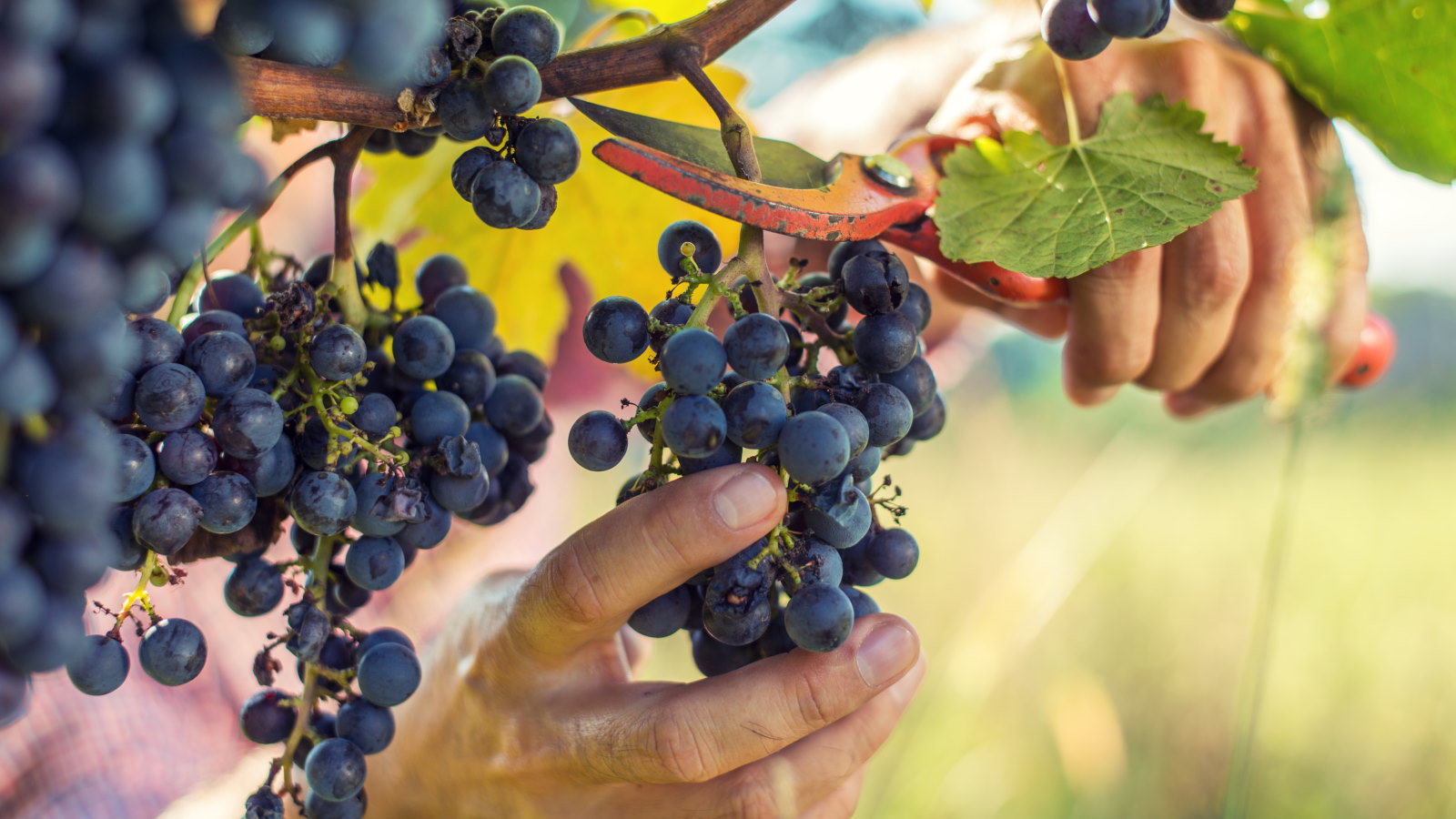
Design expertise in your inbox – from inspiring decorating ideas and beautiful celebrity homes to practical gardening advice and shopping round-ups.
You are now subscribed
Your newsletter sign-up was successful
Want to add more newsletters?

Twice a week
Homes&Gardens
The ultimate interior design resource from the world's leading experts - discover inspiring decorating ideas, color scheming know-how, garden inspiration and shopping expertise.

Once a week
In The Loop from Next In Design
Members of the Next in Design Circle will receive In the Loop, our weekly email filled with trade news, names to know and spotlight moments. Together we’re building a brighter design future.

Twice a week
Cucina
Whether you’re passionate about hosting exquisite dinners, experimenting with culinary trends, or perfecting your kitchen's design with timeless elegance and innovative functionality, this newsletter is here to inspire
These versatile fruits are always best picked at the peak of their flavor and texture, but knowing when to harvest grapes and getting the timing spot on is tricky as the window for harvesting can be small.
If you grow grapes at home you will see the color transition during the summer and may regularly taste-test the fruits to see how they are getting on. The good news is that color and flavor are two pre-eminent markers to check the ripeness of grapes, but the season can alter from year to year.
Planting the vine in a very sunny spot and pruning a grape vine annually will give a fantastic crop of grapes each year. The key is then to understand when grapes are ready to harvest and we hear from some experts to get professional tips that you can use at home to pick grapes at the best time.
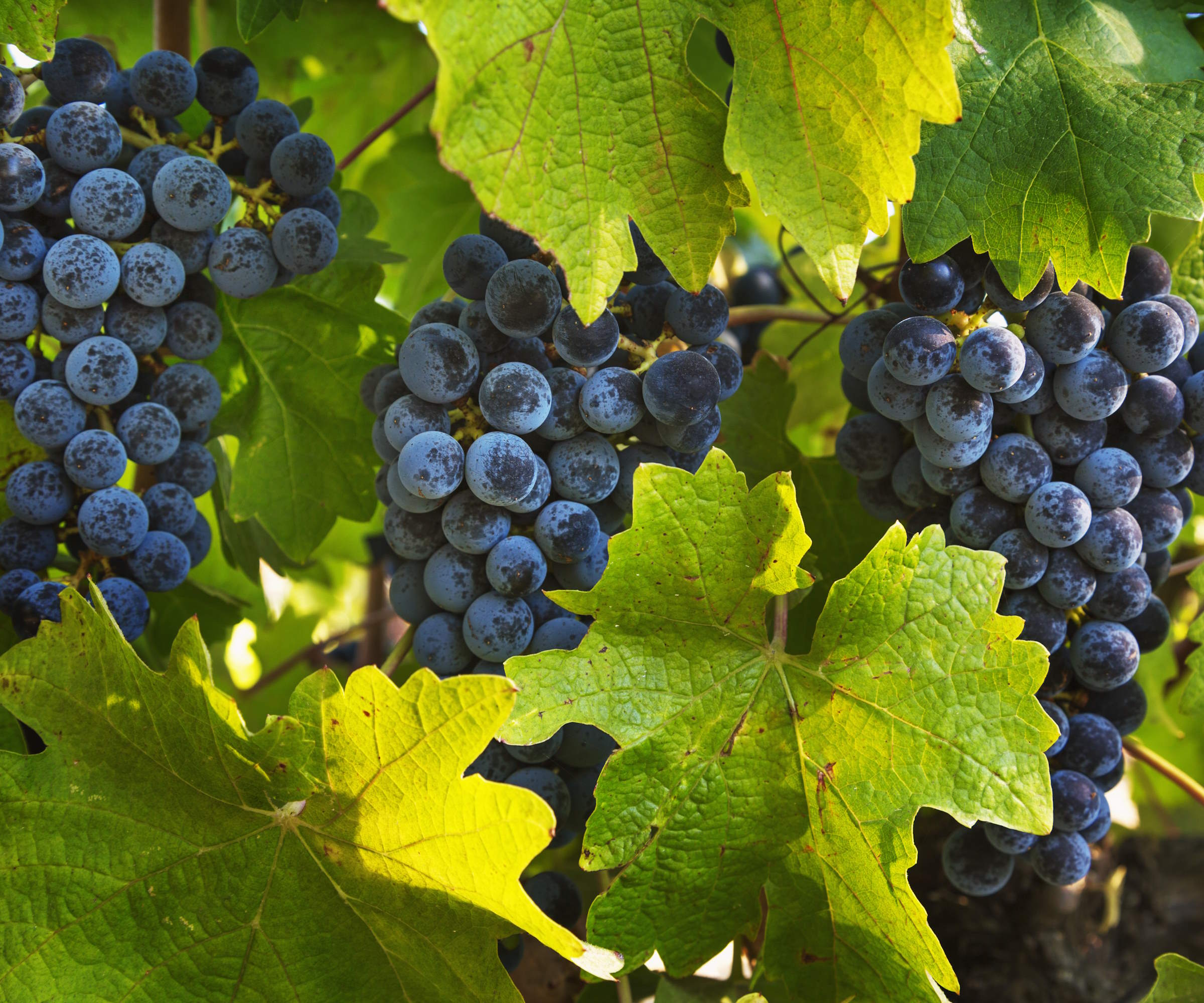
Knowing when to harvest grapes allows you to always pick them at their peak
When do grapes ripen?
Grapes ripen throughout late summer to late fall. The exact time will depend on the variety of the grape and the weather conditions during the season. Grapes will reach peak ripeness at varying stages year to year and the time to pick grapes will alter. Some years you may find yourself harvesting grapes earlier than others, so it is important to monitor the crop closely and understand the signs that show grapes are ready to harvest.
When to pick grapes
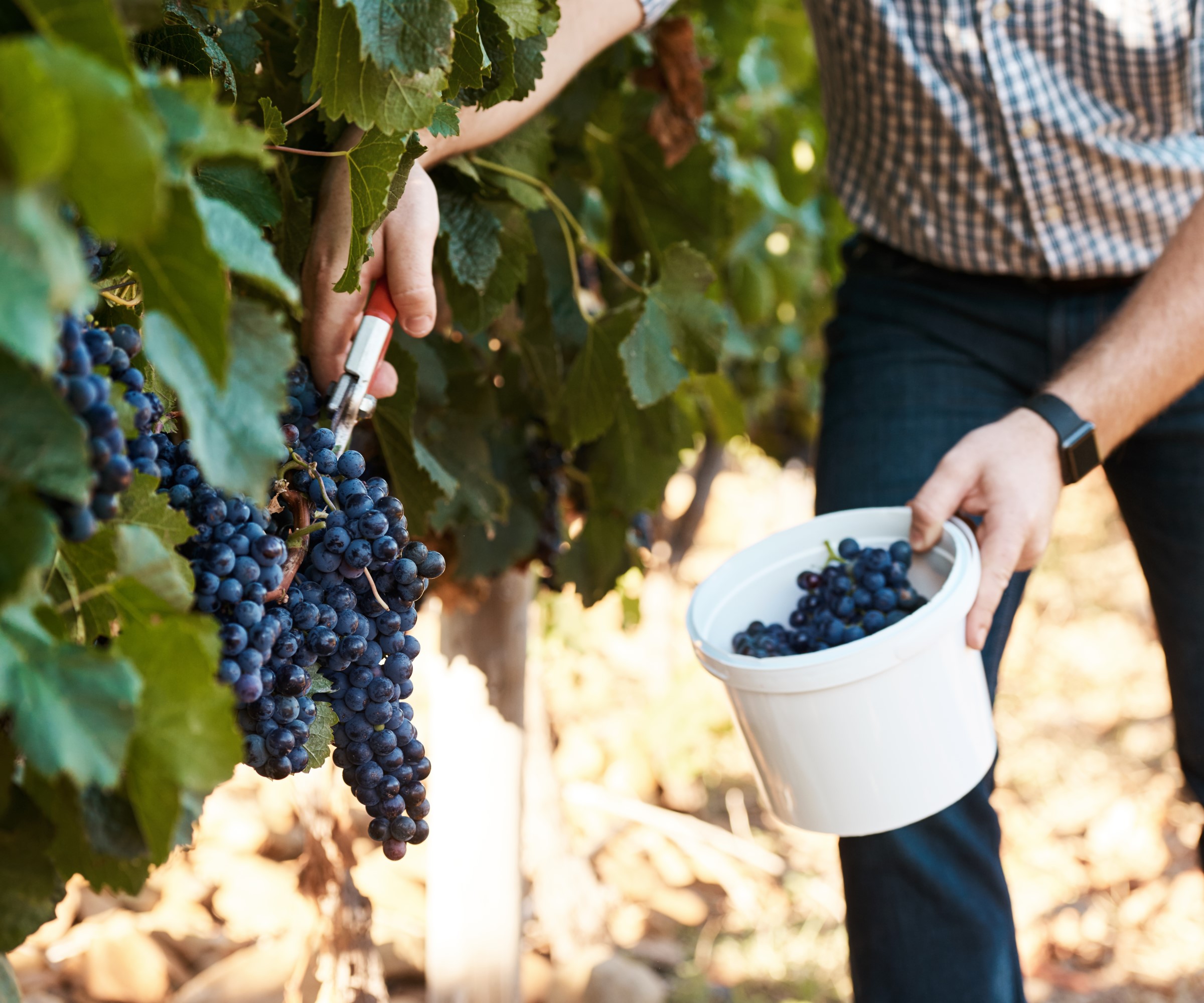
The best time to harvest grapes can depend on many factors
As mentioned above, when to harvest grapes is subject to a lot of variables, however, there are some factors to check for that can reveal the ripeness of grapes and help you make correct decisions about when to pick.
It gets very technical when vineyards cultivate grape vines on a large scale for winemaking. For example, Prudy Foxx, a viticulturist with Foxx Viticult, says winemakers will measure the sugar levels, known as brix in the winemaking industry and measured with a refractometer, and acidity in the grapes, in the form of the pH.
As for when winemakers start to think about picking grapes, Prudy explains: ‘Generally, when the grapes start to taste sweet and the birds start to show real interest in them it is a sign to start measuring and making plans for a harvest crew.’ There are simple ways to protect grapes from hungry birds to protect your harvest at home, including covering vines in netting or using bright visual scarers - such as these metal bird scare discs available at Amazon.
Design expertise in your inbox – from inspiring decorating ideas and beautiful celebrity homes to practical gardening advice and shopping round-ups.
It does not have to be so complicated for home gardeners with an individual vine or two in their backyard, or growing in a greenhouse for extra warmth and protection. In these circumstances, it can come down to monitoring the color and size of the grapes to determine when to pick them.
The color of all types of grapes develops during the ripening process and a deep color can be a good indicator of when to pick grapes. The firmness of the fruits is also a good marker to follow.
‘Red grapes will have turned color and white grapes will be translucent,’ says Prudy. ‘Both will be much softer toward harvest.’ The texture of a ripe grape should be soft and juicy.
Furthermore, a fantastic way to test the ripeness of the grapes is to taste them. Craig Hosbach, head winemaker at Fox Run Vineyards, admits that ‘sensory analysis’ - also known as tasting the grapes - is a key factor in how they assess the ripeness of grapes on his vineyard in the Finger Lakes.
The exact flavor will depend on the type of grapes, however, a ripe grape should be sweet and, as explained by Prudy Foxx, ‘the pulp will not stick so tightly to the seed’ when the grapes are fully ripe.
Check grapes regularly over a few weeks - a mere excuse to keep tasting them - to ensure you pick them when fully ripe, this is important as they will not continue to ripen any more once picked from the vine.
‘Grapes are unlike bananas, mangos, and pears, they do not continue to ripen once picked,’ says Craig Hosbach. ‘You can extend grapes shelf life after picking using refrigeration but are best if processed quickly after harvest.’
If you know the approximate time of year that your variety tends to be ripe, start tasting them in the 3-4 weeks before to check their flavor. This ensures you get the best harvesting time in a year when the grapes ripen earlier than the norm.
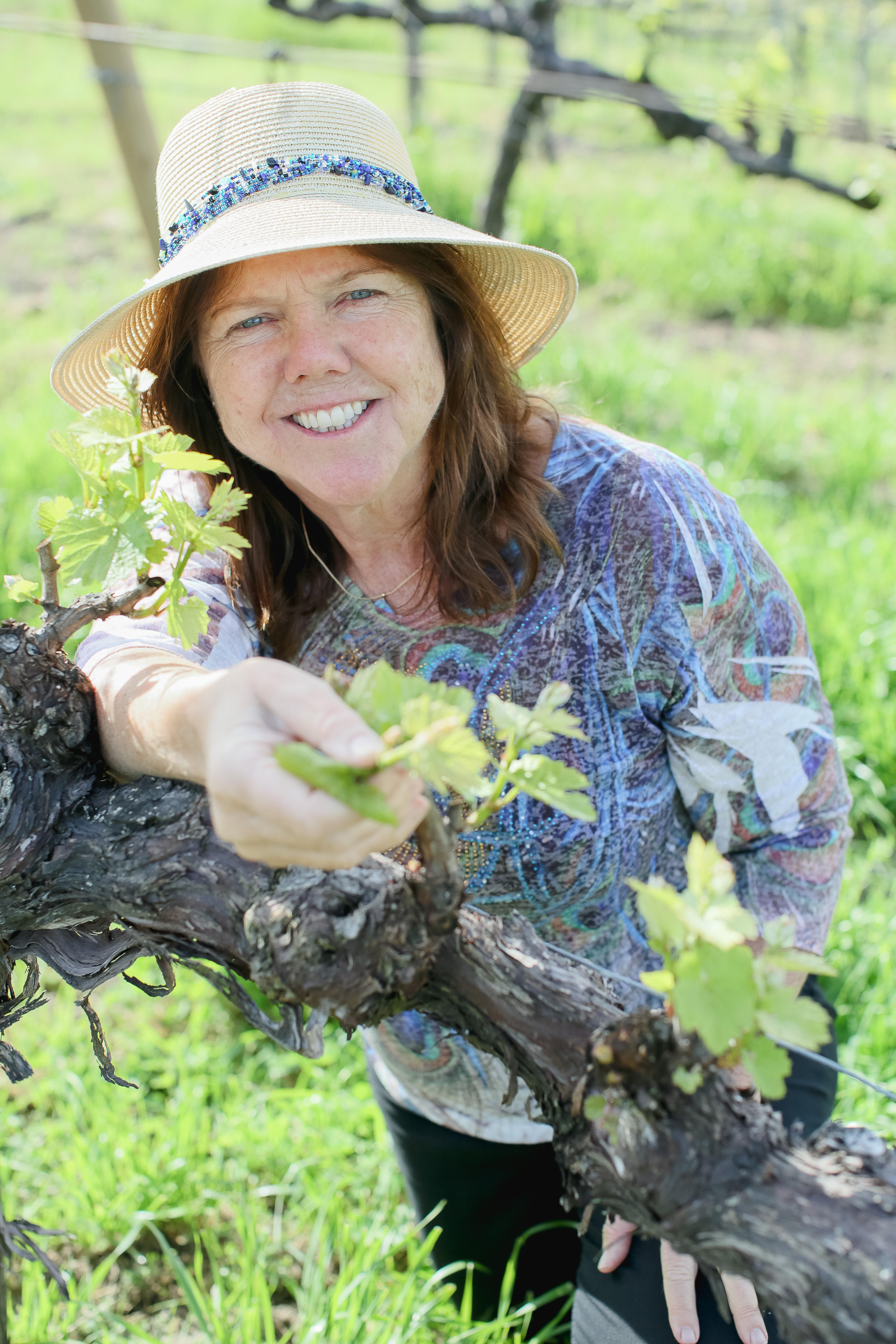
Prudy Foxx is an experienced biologist and viticulturist and assists with grape growing for some of the bigger producers in the Santa Cruz Mountains. She was previously vineyard manager for Mt. Baker Vineyards and Bonny Doon Winery and was a research aid for the UC Davis Agriculture Extension Service in viticulture. Prudy founded Foxx Viticulture in 1997.

Craig Hosbach accumulated over a decade of experience across multiple wineries within the northern New York winemaking region before assuming the role of head winemaker at Hunt Country Vineyards in 2017. He now has a pivotal role at Fox Run Vineyards as head winemaker, infusing his expertise and passion into every bottle.
FAQs
What month are grapes harvested?
It varies depending on the grape varieties and the weather conditions. The harvesting season for grapes tends to run between August and October in the northern hemisphere and February to April in the southern hemisphere.
Can you eat grapes that aren't ripe?
Unripe grapes are very sour and tart in taste and have a harder texture. They can cause stomach problems if consumed in large amounts.
One particular grapevine species native to North America, and widely grown across the nation, is muscadine grapes. These vines produce bronze, dark purple, or black fruits when ripe, depending on the variety, and can grow outdoors in warmer US hardiness zones, such as US hardiness zones 7-9. Some varieties are also self-pollinating, so you can get a harvest from just one vine.

Drew has worked as a writer since 2008 and was also a professional gardener for many years. As a trained horticulturist, he worked in prestigious historic gardens, including Hanbury Hall and the world-famous Hidcote Manor Garden. He also spent time as a specialist kitchen gardener at Soho Farmhouse and Netherby Hall, where he grew vegetables, fruit, herbs, and cut flowers for restaurants. Drew has written for numerous print and online publications and is an allotment holder and garden blogger. He is shortlisted for the Digital Gardening Writer of the Year at the 2025 Garden Media Guild Awards.
